As a patriotic Confucian scholar, Hoang Giap Nguyen Thuong Hien left behind a huge literary legacy of more than 600 poems. But above all, he was an outstanding patriot in the late 19th and early 20th centuries, having a significant impact on the patriotic scholars of Thanh Hoa .
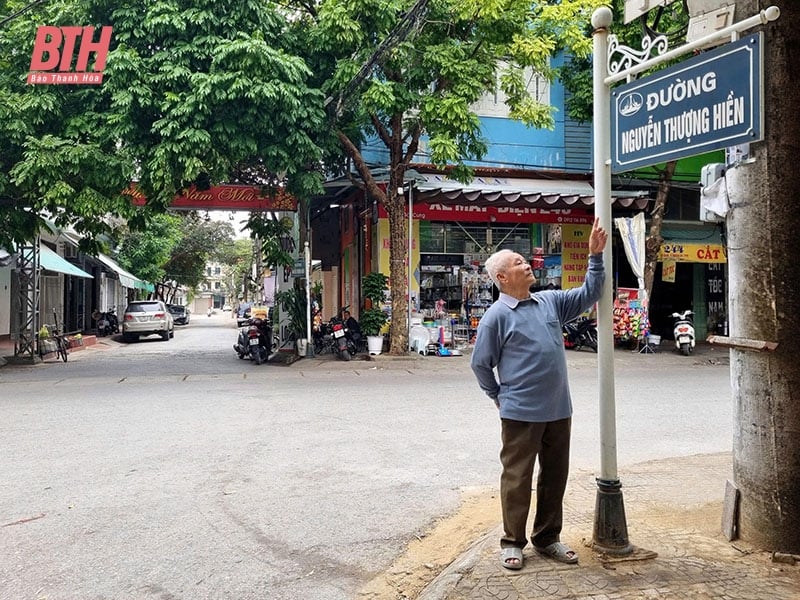
Nguyen Thuong Hien (1868-1925), from Lien Bat village, Ung Hoa district, Ha Dong (now part of Hanoi ). Born into a family of scholars, at the age of 16, he took the Huong exam for the first time and passed the bachelor's exam at Thanh Hoa examination school. In 1885, he passed the Hoi exam first, but before his name could be announced, Hue capital fell, and he retired to live in seclusion at Nua mountain (Thanh Hoa). In 1892, at the age of 24, he took the Dinh exam again and passed the Second Class Doctorate (Hoang Giap), and was appointed as Toan Tu at the National History Institute, then promoted to Doc Hoc Ninh Binh (1901), Ha Nam (1905), Nam Dinh (1906).
Educated in Confucianism, he loved to read New Books and New Literature and was one of the first Vietnamese to absorb and spread the bourgeois democratic ideas of Kang and Liang (Kang Youwei and Liang Qichao - Chinese - had the idea of changing the regime and reforming all aspects to revive the country), and liked to interact with patriotic scholars such as Tang Bat Ho, Phan Boi Chau, Phan Chu Trinh...
In the early 20th century, the patriotic movements: Duy Tan, Duy Tan Hoi - Dong Du and Dong Kinh Nghia Thuc had an impact on the patriotic scholars of Thanh Hoa. Specifically, in 1906, before going to Japan, Phan Boi Chau stopped in Thanh Hoa, met with a group of patriotic scholars of Thanh, and discussed the path to save the country.
Here, the school inspector Nguyen Thuong Hien, a key figure in the Dong Kinh Nghia Thuc movement, actively spread the ideas of cultural and social reform in the new trend to Thanh Hoa, especially to the intellectual class with famous works of Phan Boi Chau such as "Viet Nam vong quoc su", "Hai ngoai huyet thu"... Through this, people with the same ideology as Phan Boi Chau, Nguyen Thuong Hien... not only learned about the bourgeois democratic revolution but also found a new way to save the country, to establish the "Tan Dang" and participate in the Dong Du movement, from there, leading to the birth of a number of schools and economic establishments following the "Nghia Thuc" model, such as: Hac Thanh Thu Xa, Phuong Lau Cong ty. These were also secret establishments that carried out patriotic propaganda activities, nurturing the seeds of revolution among the people of Thanh Hoa, so that when the opportunity came, they would become a "driving force" of a large movement in Thanh land, in order to coordinate with the struggle movement throughout the country.
Nguyen Thuong Hien was a patriotic Confucian scholar, inclined towards democracy, promoting reform, abandoning the monarchical stance and outdated Confucian views. His enthusiastic activities in the Dong Kinh Nghia Thuc movement, the Dong Du movement, the Viet Nam Quang Phuc Hoi... made positive contributions to the struggle for national liberation of Vietnam in the early years of the 20th century.
As is life, so is poetry. Among the scholars of the time, Nguyen Thuong Hien was a talented poet. He left behind a diverse literary career with more than 600 poems and works in Chinese and Nom scripts, composed in 33 years, from 1885 to 1918. If in the early stages, when he was bored with the officialdom, he devoted his feelings to the country's mountains and rivers: "Synthesizing all of Nguyen Thuong Hien's natural poems, we will have a fairly perfect picture of the country's mountains and rivers" (Tran Le Sang). In the later stages, Nguyen Thuong Hien's works were mainly aimed at political agitation, encouraging struggles, serving the cause of national salvation, calling on compatriots to unite and rise up to make revolution, gain national independence. Poetic lines such as "Carrying the baby in the arms are full of wailing/ The streets are full of miserable people, how touching/ No pen can describe this scene/ Send it to the gods of rain and wind in the sky to understand"; “Enough, enough, the more I talk, the sadder I become/ The piece of cloth in the middle of the night is soaked with pearls/ Who has done such a thing for the country/ Where else can we look to for the will of heaven?/ The burden on both sides becomes heavier/ Thousands of miles away, the steps are difficult to take/ Anger at the sea and sadness at the mountains seem to never change/ The poem of faith in the country is left for later”... shows the poignancy and sharing of the suffering and hardship of the people who lost their country.
It can be affirmed that in Thanh Hoa, there are not many books related to Nguyen Thuong Hien left. However, he left a significant mark. In the epilogue of “Thanh Hoa Ky Thang” (Vuong Duy Trinh, Thanh Hoa Publishing House, 2021), the Second Class Doctorate Nguyen Thuong Hien himself wrote (according to the translation, annotation and introduction by Vu Ngoc Dinh - Nguyen Huy Khuyen): “The wise man has been in Hac Thanh for more than 20 years, his footprints have been wandering, but it is a pity that he has not been able to travel much. He often wants to visit famous landscapes, but until now, he has not been able to do as he wished”... Standing before the scene of “beautiful mountains and rivers, with profound sacred sounds”, he “hopes that this piece of land will forever be ranked among the famous landscapes”. Doctor Nguyen Thuong Hien left behind many poems about the nature and beautiful landscapes of Thanh Hoa. Notable are the poems: Hạc thành xuân vong (Watching the spring scenery at Hạc citadel), Hạc thành đi cam (Feelings when at Hạc citadel)... Or in “Le Manh Trinh’s Memoirs” (Thanh Hoa Publishing House, 2019), when referring to the Đông Du movement, Lê Mạnh Trinh mentioned Nguyễn Thượng Hiền and his act of shaving his head to become a monk to preserve his integrity. Although Nguyễn Thượng Hiền died on Vân Sơn Cư mountain in Hangzhou (China) on December 27, 1925, at the age of 57, “The fire of the liver and the bones of a person of integrity, living noblely and dying noblely; The civilized life is tired of the homeland, the reputation is fulfilled but the will is not fulfilled” (Elegy for Mai Sơn Nguyễn Thượng Hiền written by Phan Bội Châu).
Coming from a Confucian background, willing to give up officialdom, stay away from all fame and fortune to accept the democratic reformist ideology, pursue the cause of saving the country and the people, there are very few people like Hoang Giap Nguyen Thuong Hien. That is why his name has been given to streets, many schools in the capital Hanoi, in Ho Chi Minh City and in other provinces and cities including Thanh Hoa.
KIEU HUYEN
The article uses documents from the books: Thanh Hoa Ky Thang; Le Manh Trinh's memoirs and the article: Thanh Hoa intellectuals in the patriotic movement against French colonialism in the first 30 years of the 20th century...
Source: https://baothanhhoa.vn/nguyen-thuong-hien-tu-tri-thuc-nho-hoc-den-chi-si-yeu-nuoc-231824.htm


![[Photo] Ready for the top competitions of Vietnamese table tennis](https://vphoto.vietnam.vn/thumb/1200x675/vietnam/resource/IMAGE/2025/5/18/9c547c497c5a4ade8f98c8e7d44f5a41)


![[Photo] Party and State leaders visit President Ho Chi Minh's Mausoleum](https://vphoto.vietnam.vn/thumb/1200x675/vietnam/resource/IMAGE/2025/5/19/d7e02f242af84752902b22a7208674ac)
![[Photo] Many young people patiently lined up under the hot sun to receive a special supplement from Nhan Dan Newspaper.](https://vphoto.vietnam.vn/thumb/1200x675/vietnam/resource/IMAGE/2025/5/18/6f19d322f9364f0ebb6fbfe9377842d3)
![[Photo] Party and State leaders attend the special art program "You are Ho Chi Minh"](https://vphoto.vietnam.vn/thumb/1200x675/vietnam/resource/IMAGE/2025/5/18/6895913f94fd4c51aa4564ab14c3f250)


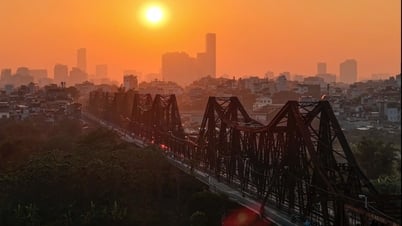

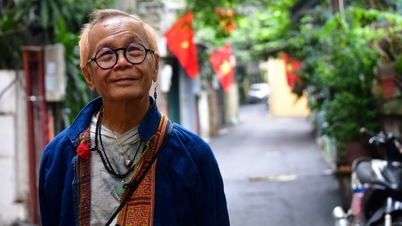







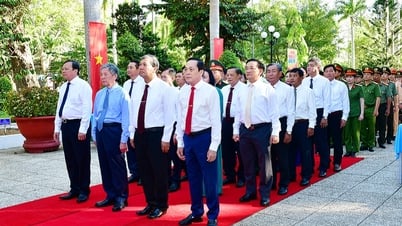


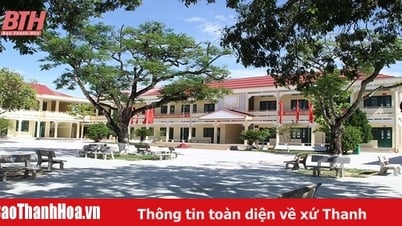
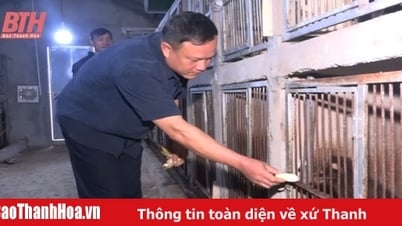

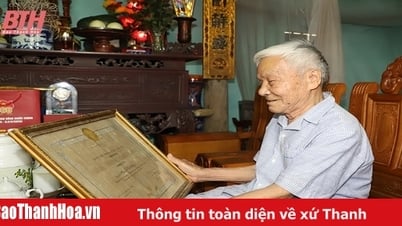




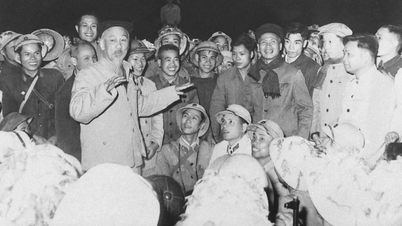




















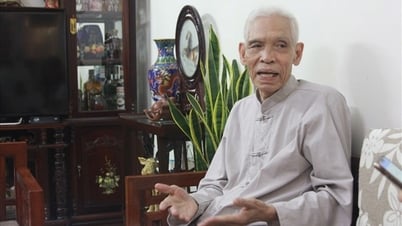









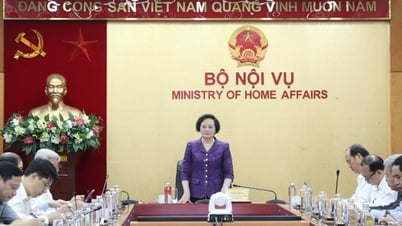




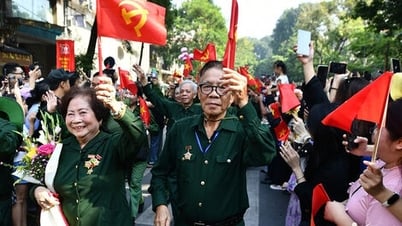










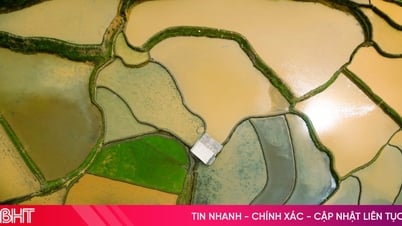

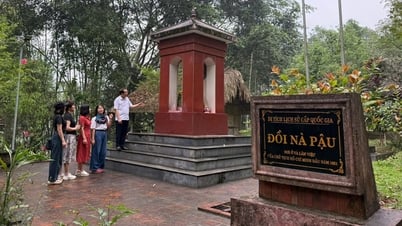










Comment (0)